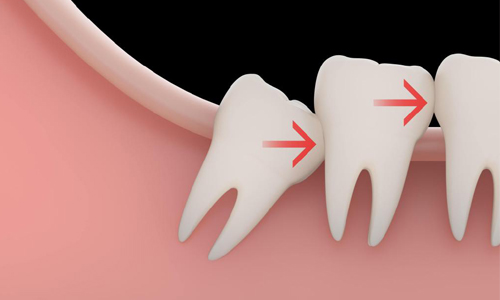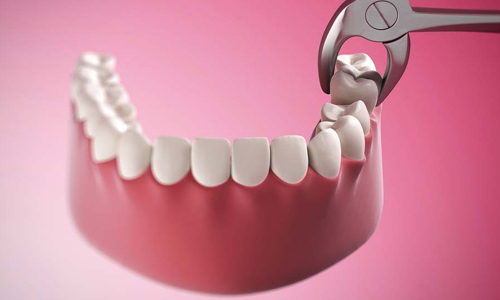Modern surgery has developed to such associate extent that the body of information and technical skills needed have crystal rectifier to surgeons specialising particular areas, sometimes associate anatomical space of the body or sometimes in a very explicit technique or sort of patient.
The specialty of oral and maxillofacial surgery is exclusive in requiring a twin qualification in drugs and medicine, followed by a comprehensive general and specialist surgical coaching, and is a recognised international specialty. The scope of the specialty is extensive and includes the diagnosis and management of facial injuries, head and neck cancers, salivary gland diseases, facial disproportion, facial pain, impacted teeth, cysts and tumours of the jaws as well as numerous problems affecting the oral mucosa such as mouth ulcers and infections.
Main operations
A range of oral associated external body part surgical operations area unit disbursed on an patient basis beneathlocal anesthesia or aware sedation. These include: pre-implant surgery placement of dental/facial implants, removal of compact teeth, intra-oral and facial soft tissue procedures.More major operations, as an example those for duct gland sickness, trauma, facial deformity or cancer.
- Facial injuries, management of complex craniofacial fractures and soft tissue injuries of the mouth, face, and neck.
- Head and neck cancer, access to tumours within the depths of the complex craniofacial anatomy, and ablation of tumours, including neck dissections.
- Reconstructive surgery, including microvascular free tissue transfer.
- Orthognathic surgery for the correction of facial disproportion
- Pre-implant surgery, including the use of implants to retain facial or dental prostheses and associated bone grafting techniques as part of oro-facial reconstruction.
- Removal of impacted teeth and complex buried dental roots.


